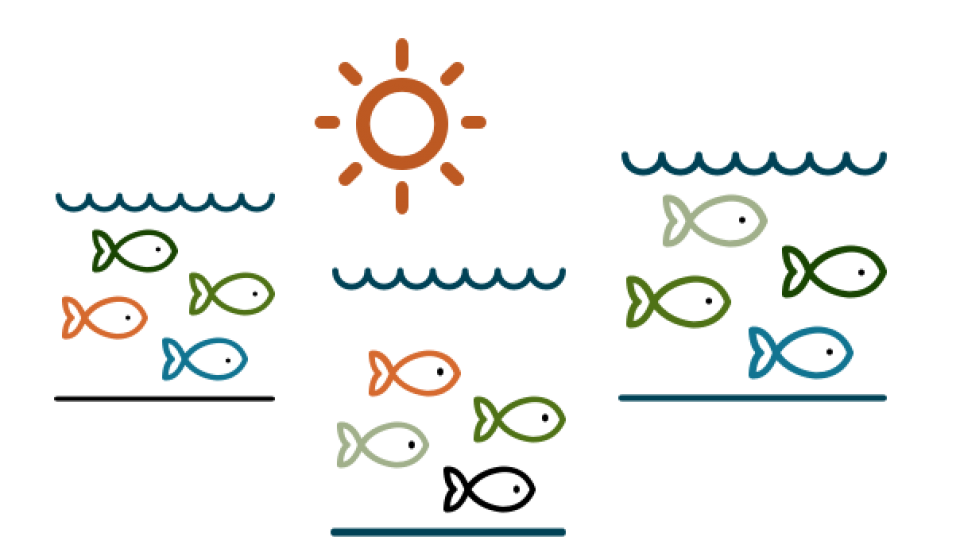Overview
This project aimed to increase the income and empowerment of communities in the South Fly District while reducing levels of illegal activity and over-exploitation of marine resources in the PNG and Australian waters of the Torres Strait.
Previous work in the South Fly District, PNG has revealed the complex linkages between poverty, illegal activities, over-fishing and food security. Livelihoods are heavily dependent on subsistence and artisanal fisheries. Much of the growing Asian market for bêche-de-mer, shark fin, fish bladders and mud crabs is serviced via illegal cross-border value chains into Indonesia, while legal trade exists in parallel.
This project mapped the legal and illegal value chains of high-value marine products traded by fishers in the region. Methodological complexities associated with gathering empirical information on illegal activities were overcome by using participatory approaches and building trust between the researchers, communities, value chain actors and government authorities. Participatory systems modelling was used to identify the numerous root causes of illegal trade, including the lack of incentives to cooperate and legally market the products for higher returns.
This SRA project successfully identified barriers within value chains for different fish species and products that prevent or limit the use of alternative legal markets, and potential solutions to the problem. It was also successful in engaging international actors along the value chains and gaining their interest in working collaboratively to implement broader action research. These positive outcomes provide the basis for the implementation of research to trial alternative enterprise and community-based management models that may induce behavioural change and have a wider impact in reducing illegal activities, overexploitation and poverty.
Project Outcomes
- Analysed the structure of legal and illegal trade in marine products from the artisanal fisheries of South Fly District.
- Identified the socio-cultural and economic factors driving legal and illegal value chains, and potential intervention points.
- Identified potential alternative legal markets and marketing strategies for fishers.




